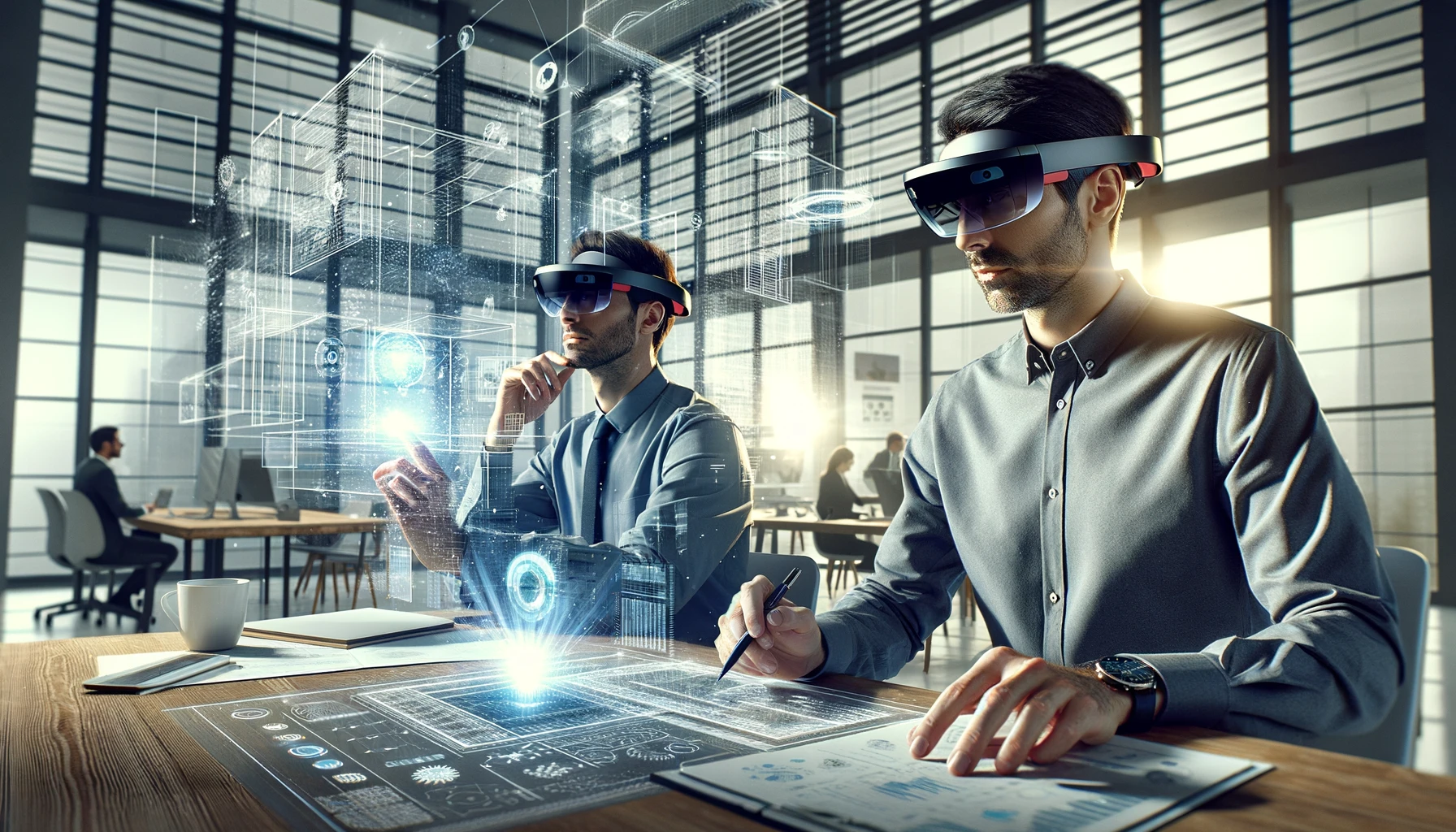These services offer benefits for companies, such as improving interaction with customers, increasing brand visibility, creating unique and engaging experiences, and improving efficiency and productivity at work. At DeuSens we take care of the development of this type of projects, offering customized services and collaborating with international brands, and that is why we consider ourselves suitable to provide you with information about the requirements to start a project and show you examples of applications in different sectors.
Mixed Reality is changing the way companies operate, offering innovative and revolutionary tools. But what exactly is it and how can it benefit your business? In this blog we explain in depth its benefits, and how to implement it in your company.
What is Mixed Reality?
This technology has applications ranging from business meetings with 3D holograms to more immersive educational experiences. With virtually unlimited potential, Mixed Reality is positioning itself as one of the most transformative technologies of our time.
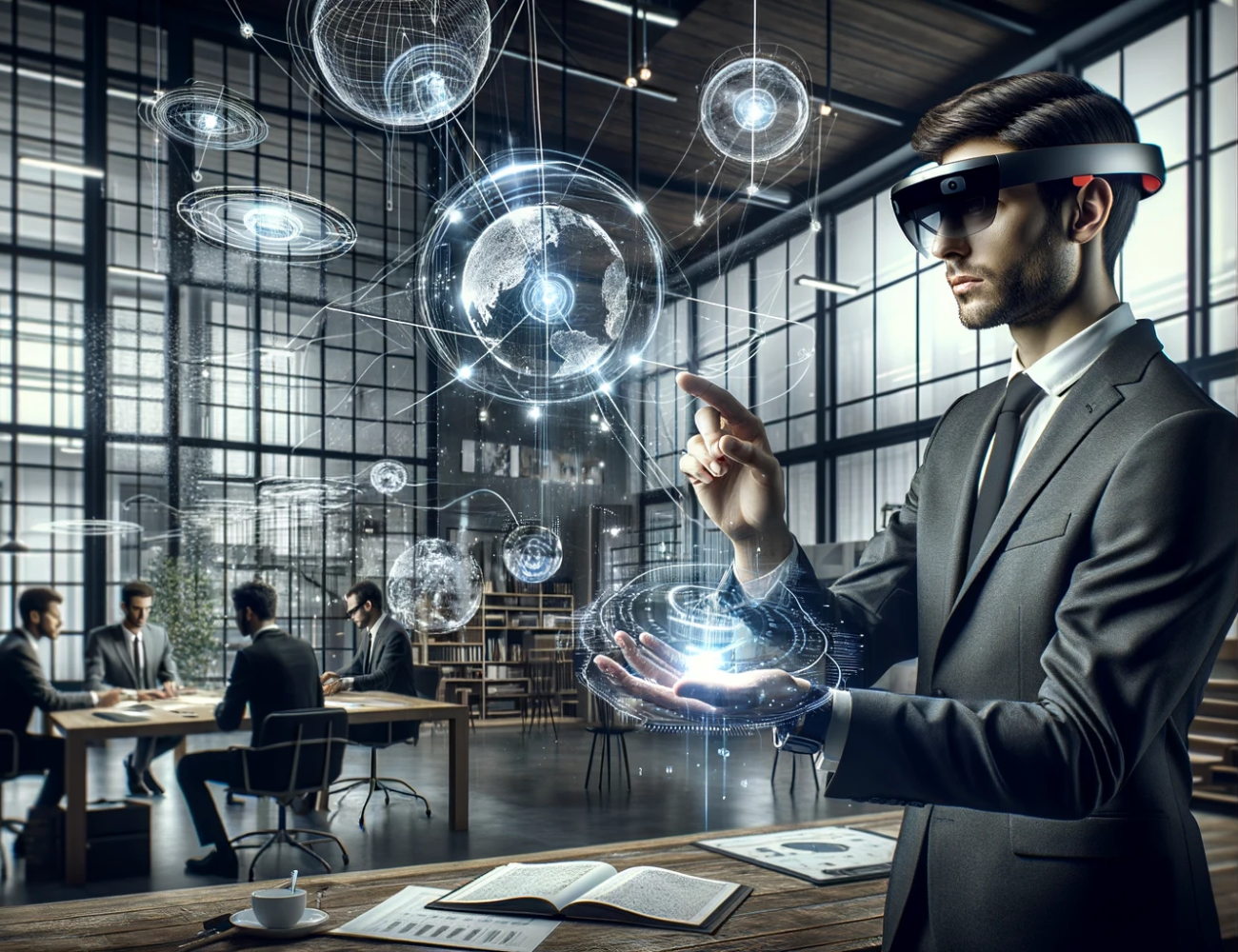
Key benefits of Mixed Reality for business
Improved collaboration
Mixed Reality allows geographically dispersed teams to work together as if they were in the same room. Using specialized glasses or devices, teams can share 3D visualizations in real time, facilitating more effective discussions and decision-making.
Immersive training and education
Unlike traditional training, which can be passive, Mixed Reality immerses employees in real-life situations in a controlled environment. This hands-on, in-depth experience allows for more effective and lasting learning.
Visualization of products and prototypes
The ability to view and modify a prototype in real time, using Mixed Reality without the need to create a physical model, saves time and resources. This speed in design iteration and validation can be essential in competitive markets.
Process optimization
By overlaying relevant data and metrics on the real world, using Mixed Reality managers can identify opportunities for improvement, inefficiencies and bottlenecks in operational processes, enabling more informed decisions.
Increase creativity and innovation
By offering a virtual collaborative space where ideas can be visualized and experimented with, Mixed Reality fosters creativity and enables the development of more innovative solutions that stand out in the marketplace.
Steps to implement Mixed Reality in companies
1. Needs assessment
Before venturing into implementation, it is crucial to conduct a thorough analysis to determine your company's specific needs. What problems do you plan to solve with Mixed Reality? How could you improve existing processes?
2. Select the right hardware and software
Not all Mixed Reality software platforms are the same; each has its own advantages and disadvantages. Researching and selecting the one that best suits the needs of the project is essential. Likewise, the hardware (Mixed Reality glasses, cameras, etc.) must be compatible and easily adaptable with the chosen software.
3. Design and development
Once the platform and hardware have been selected, it is time to enter the design and development phase. Relying on a team of external developers specialized in Mixed Reality is always an option that facilitates the project. The goal is to create applications or experiences that meet the objectives identified in the needs analysis.
4. Staff training
Implementing a new technology requires staff to know how to use it correctly. For this reason, it is recommended to plan training sessions to ensure that everyone understands how Mixed Reality works and how they can get the most out of it.
5. Testing and adjustments
Prior to a full launch, it is also necessary to conduct pilot tests to identify any bugs or limitations. This is the time to make necessary adjustments and refinements.
6. Deployment and monitoring
Once everything is configured and tested, we proceed with the full deployment of the Mixed Reality solution. However, the work does not end there. It is vital to continue monitoring performance and gathering feedback for future improvements.
7. ROI evaluation
After a prudent time has elapsed since implementation, it is crucial to evaluate whether the investment in Mixed Reality is delivering the expected returns. This could be measured in terms of improved efficiency, increased sales, or any other relevant KPI (Key Performance Indicator).
Mixed Reality experience development
The development of Mixed Reality experiences is a complex process that requires a specialized methodology and approach. Through a meticulous development process, at DeuSens we manage to create immersive and immersive Hyperexperiences for companies.
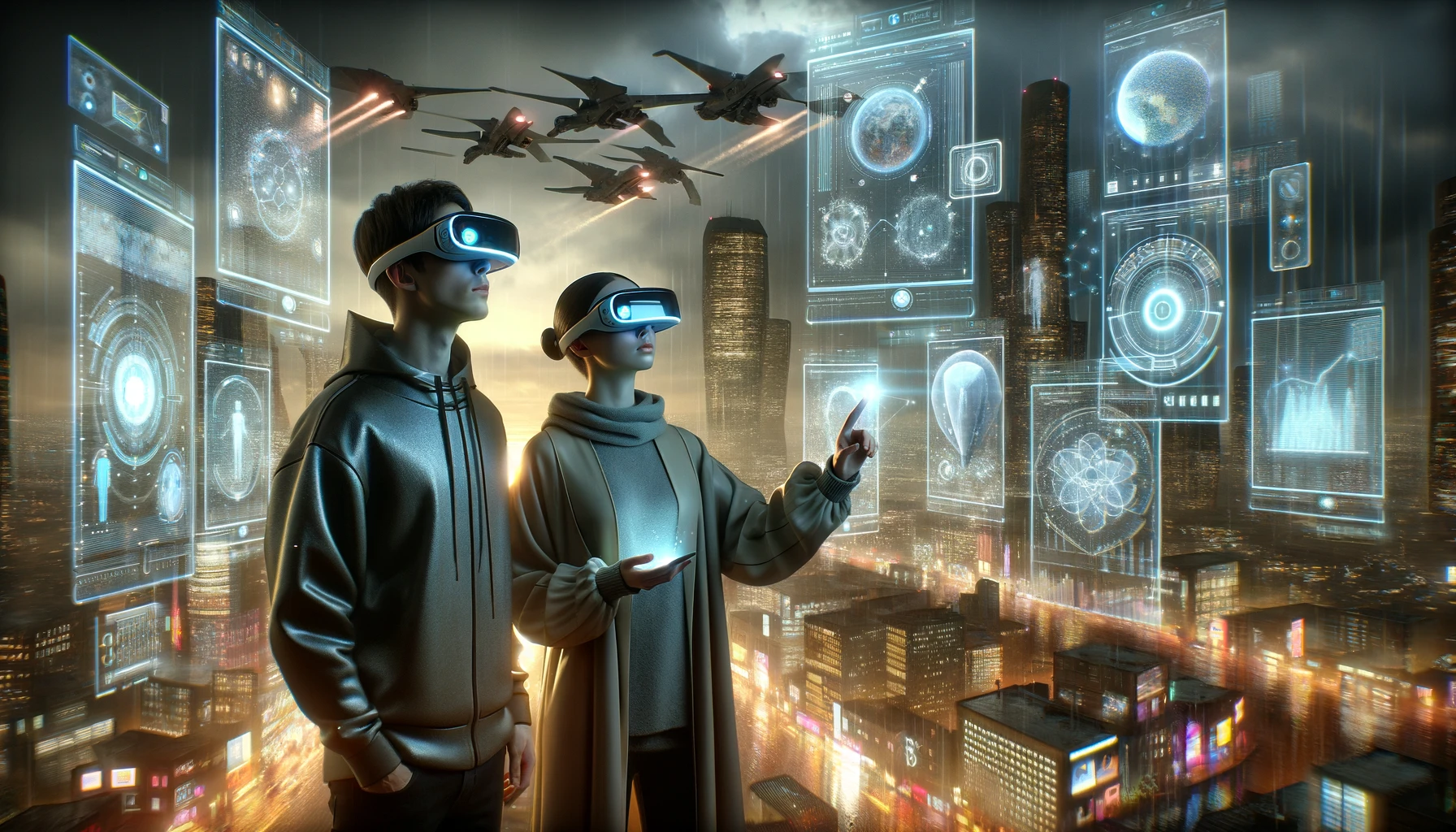
Methodology and development process
To carry out specialized Mixed Reality projects we use our own methodology. This process includes several phases, from market research and project ideation, to the development, testing and launch of the final product.
-
In the market research stage, the needs and demands of customers are analyzed, as well as the opportunities and competition in the market. This provides a solid basis for the creation of a unique and attractive concept.
-
Next, the ideation and definition of the project is carried out, where the objectives, technical requirements and key features of the Mixed Reality experience are established.
-
Once the project is defined, the actual development begins, where cutting-edge tools and technologies are used to create the visual, auditory and interactive elements of the experience. In this aspect, we offer complete design and development services for immersive experiences with Mixed Reality, using the most innovative techniques to take full advantage of the capabilities of current technology.
-
After completing the development, an exhaustive testing process is performed to ensure the quality and functionality of the Mixed Reality experience created. Tests are performed on different devices and environments to ensure a smooth and error-free experience in all possible situations.
-
Finally, the final product is launched, where marketing and promotion strategies are implemented to reach the target audience and generate interest in the Mixed Reality experience created.
Mixed Reality applications in different sectors
Tourism
Mixed Reality offers fascinating possibilities in the tourism sector. Travelers can enjoy immersive experiences that allow them to explore destinations before they visit them, view real-time information about points of interest and experience virtual tours of iconic places.
In addition, Mixed Reality can enrich the tourists' experience by combining virtual elements with the physical environment, offering additional and entertaining information during their travels.
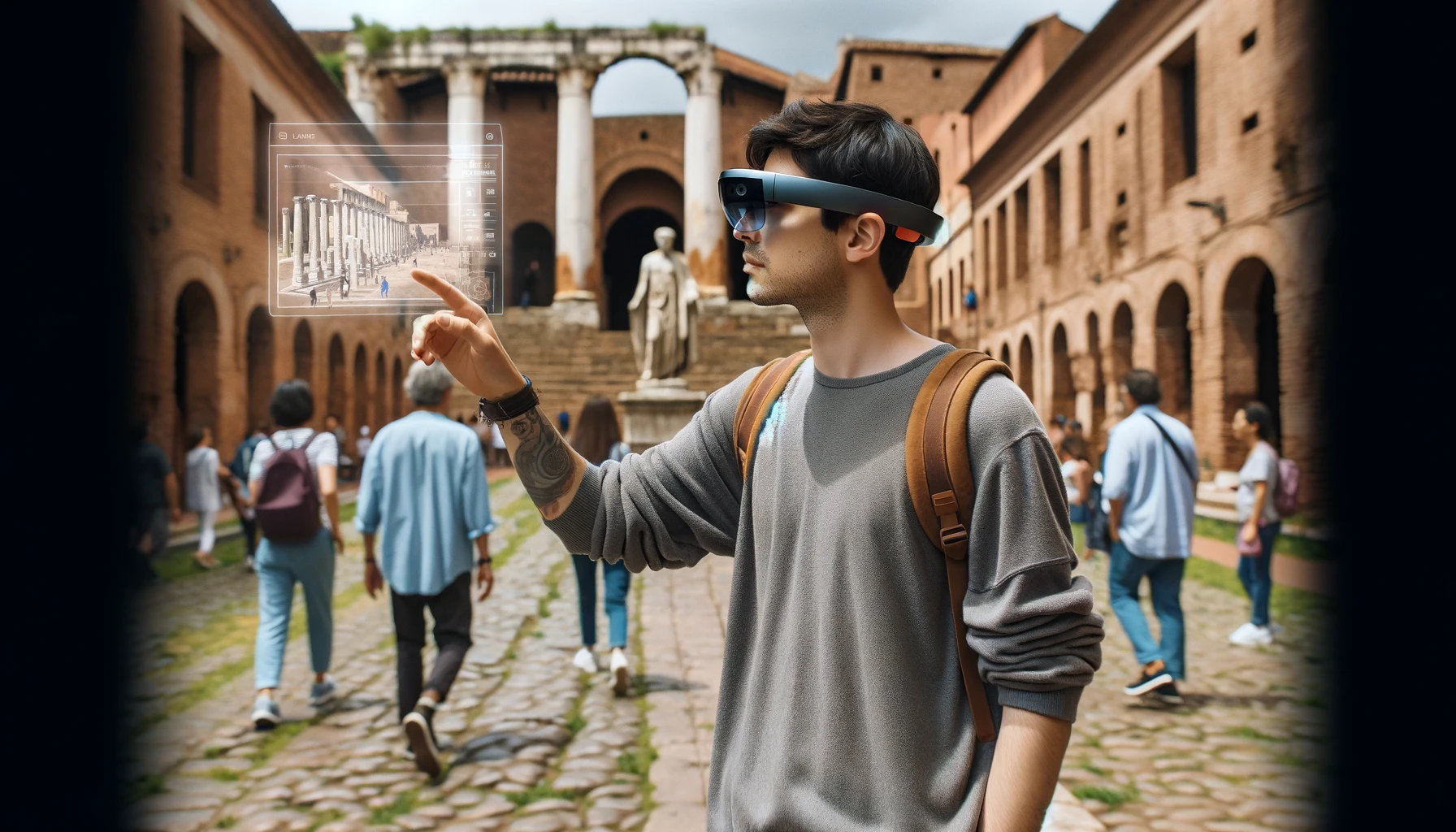
Industry
In the industrial sector, Mixed Reality has become an indispensable tool. It allows workers to access relevant information instantly and in real time, facilitating task management and decision making.
Mixed Reality is also used to simulate and train in dangerous or complex work environments, reducing the risk of accidents and improving the efficiency of employee training.
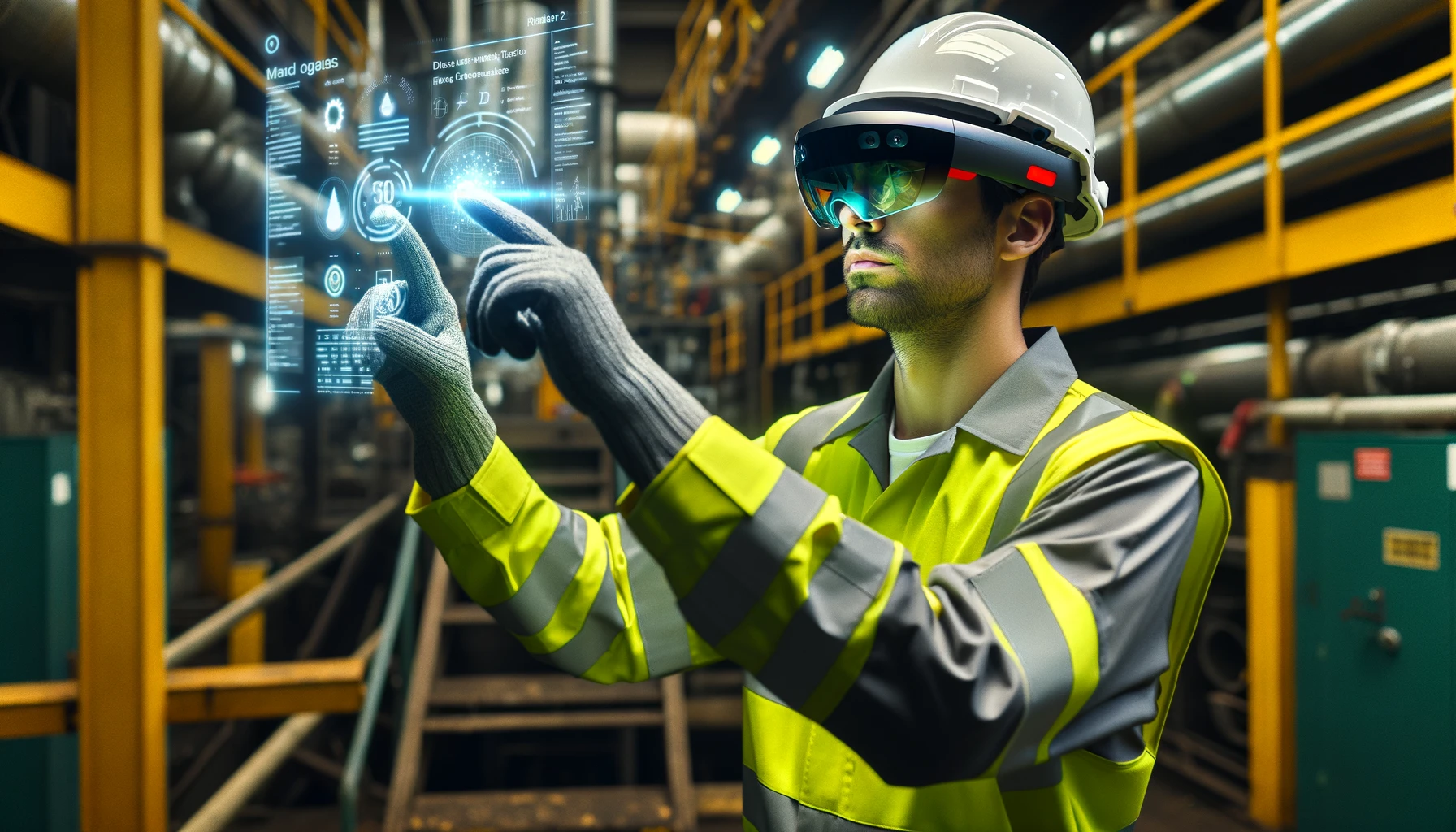
Healthcare
Mixed Reality has a positive impact on the healthcare sector. It is used to improve the training of medical professionals, allowing the practice of procedures and diagnoses in virtual environments.
It is also used for the design and planning of surgical interventions, facilitating precision and reducing recovery times. In addition, Mixed Reality can help in rehabilitation therapies and treatment of mental disorders, providing interactive and motivating experiences for patients.
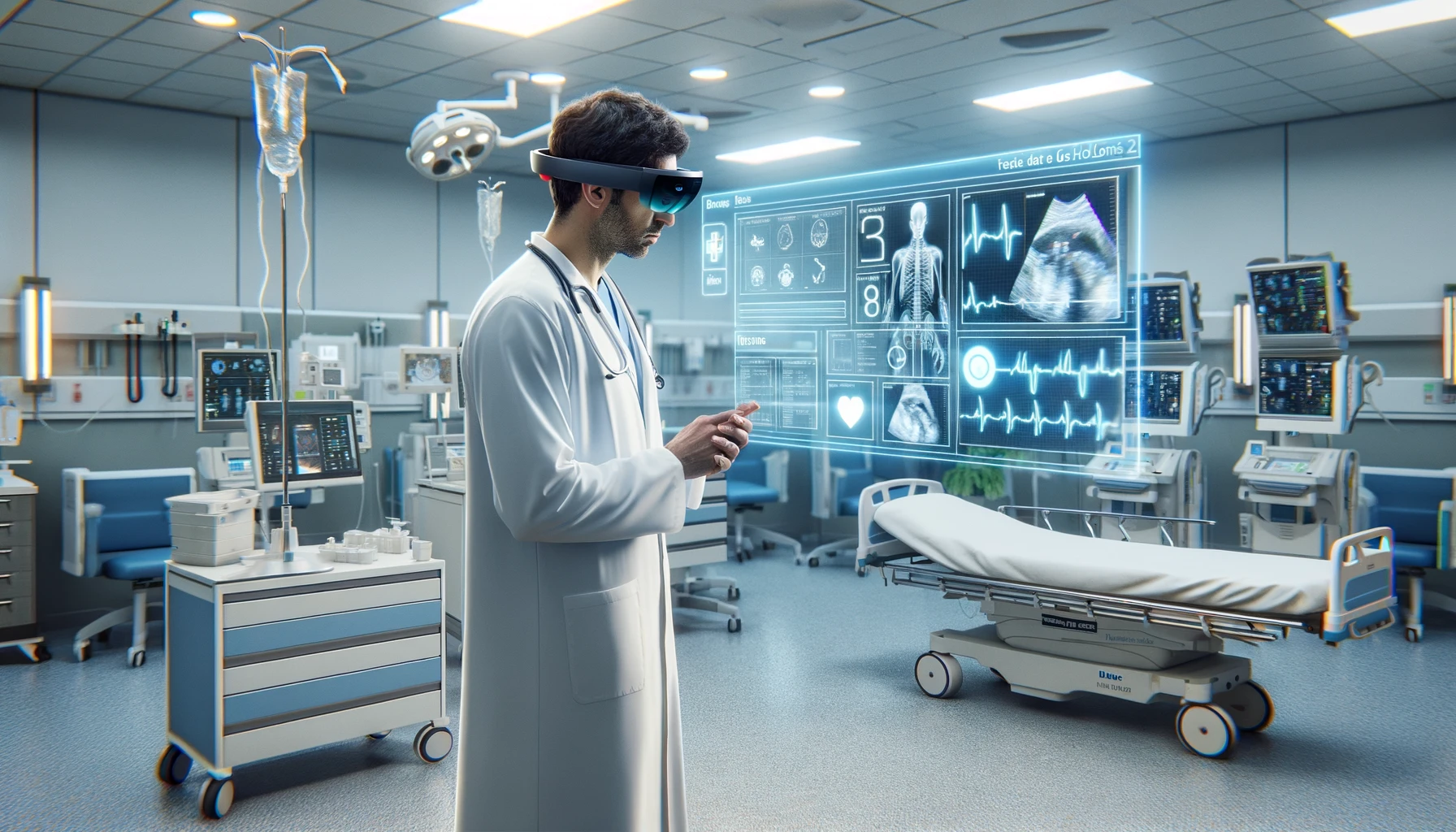
Formation
In the field of training, Mixed Reality offers new ways of learning. It allows students to interact with virtual content, simulations and realistic scenarios, encouraging participation and active engagement.
From vocational training to school education, Mixed Reality enhances the teaching and learning process by offering hands-on, multidimensional experiences. In addition, Mixed Reality can be adapted to different learning styles, providing a personalized and accessible approach for all learners.
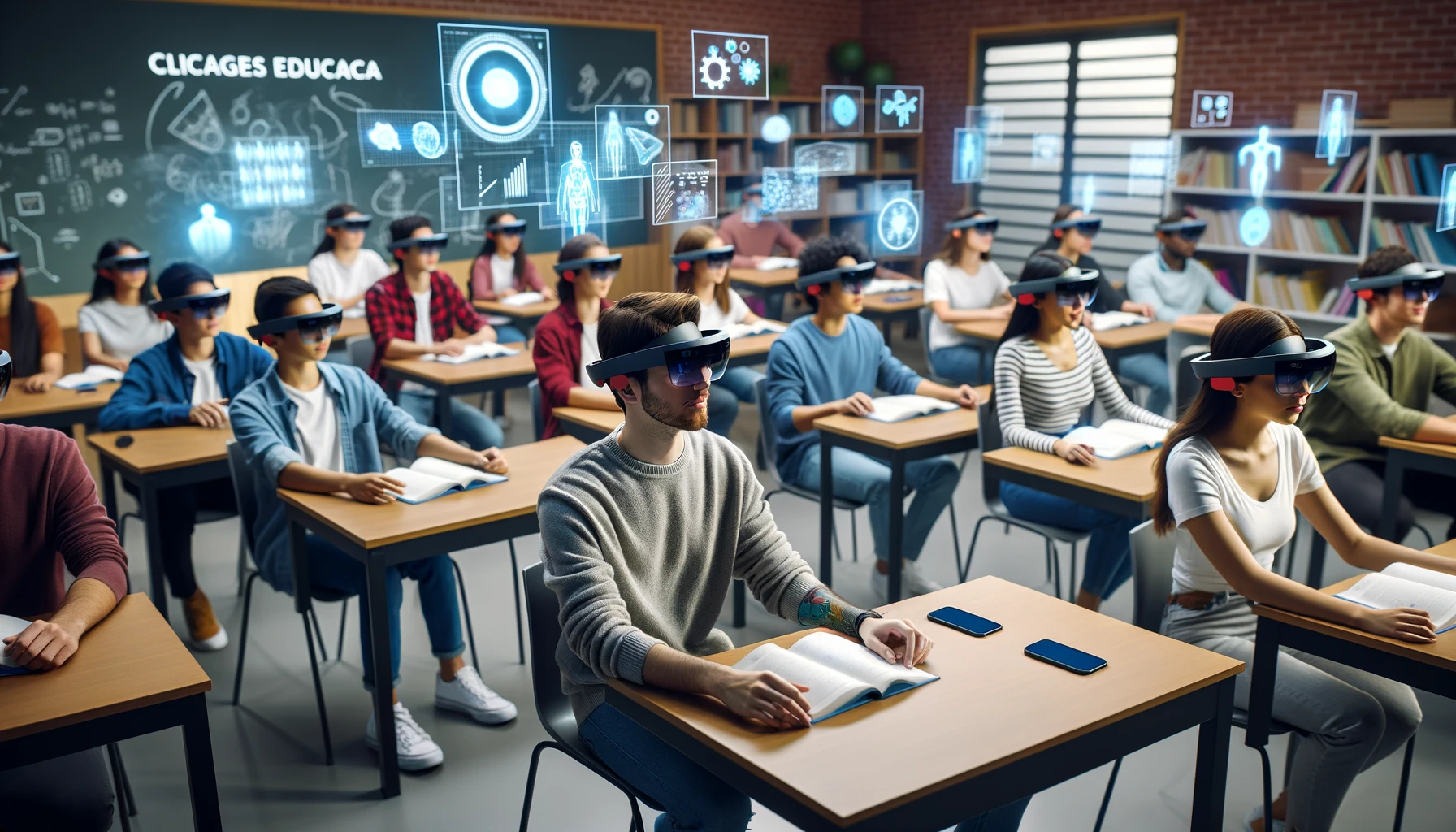
Entertainment
Mixed Reality offers new forms of entertainment that combine the virtual world with the real world. Users can immerse themselves in immersive and gamified experiences, interacting with virtual characters and objects in their physical environment.
From games and entertainment applications to live events and shows, Mixed Reality provides unique and entertaining thrills for the general public, creating captivating and memorable experiences.
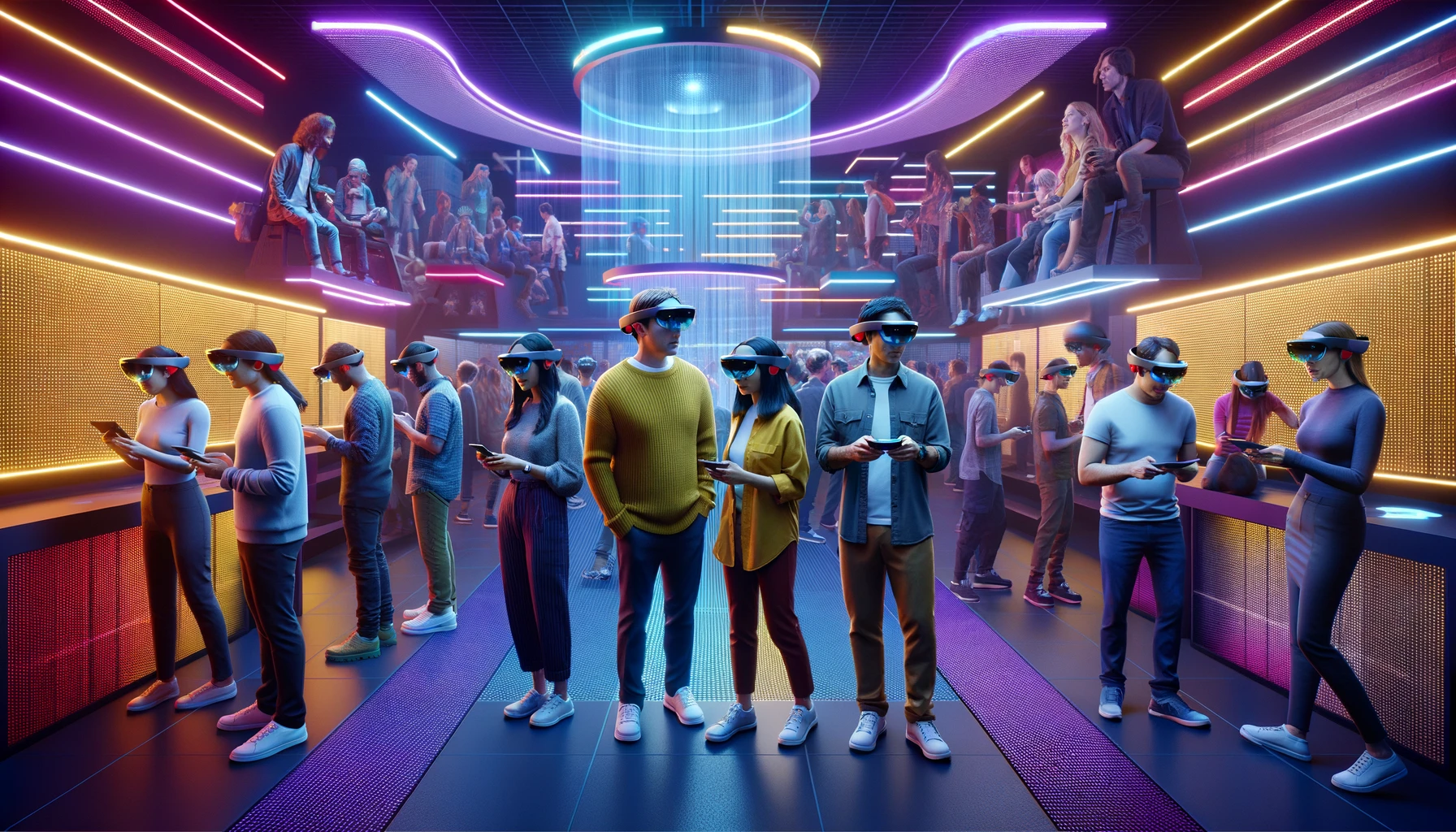
Examples and uses of Mixed Reality at the enterprise level
Telefónica's extended stand at MWC 2023
Immersive visits to St. Bavo's Cathedral in Ghent
Since March 2021, St. Bavo's Cathedral in Ghent allows immersive tours using Mixed Reality. Using Hololens 2 devices, visitors can access this innovative concept of cultural presentation during guided tours that shows them immersive scenes, enhanced with a virtual overlay to create a realistic visual effect, at each of the main points of interest of the monument.
Optimization of Acciona's industrial maintenance
In this way, the technician who was going to perform the maintenance, could visualize, through Mixed Reality glasses, a virtual recreation of the water pump at the same time as the real water pump, to check in real time the step by step maintenance process and then perform it on the real water pump.
Immersive product presentation by Porsche
This technology has proven to be really useful to explain, for example in this case, the technical characteristics of the new vehicle, showing it from different perspectives and even being able to show an exploded view of certain parts and pieces of the vehicle in 3D.
Mixed Reality Potential with Apple Vision Pro
Apple's entry into the XR hardware manufacturing sector is expected to bring about an evolution of Mixed Reality to include more advanced capabilities. The new Apple Vision Pro, focused on Spatial Computing technology, combines Virtual Reality and Mixed Reality functionalities, enabling a wide variety of uses and possibilities through a single device.
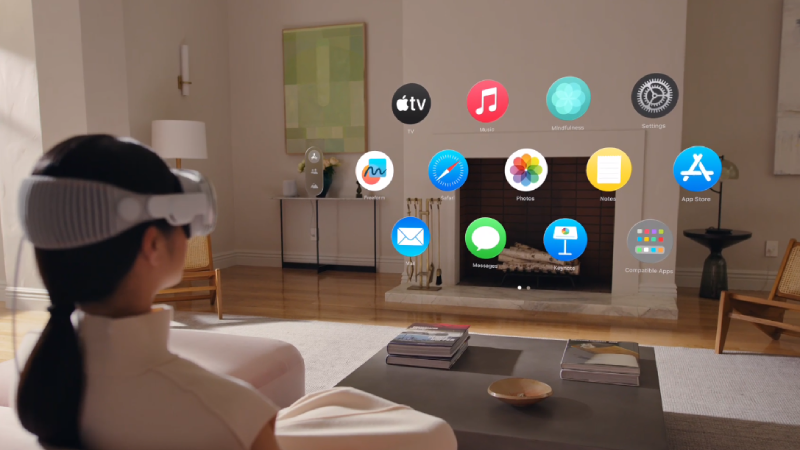
SIMILAR CONTENT
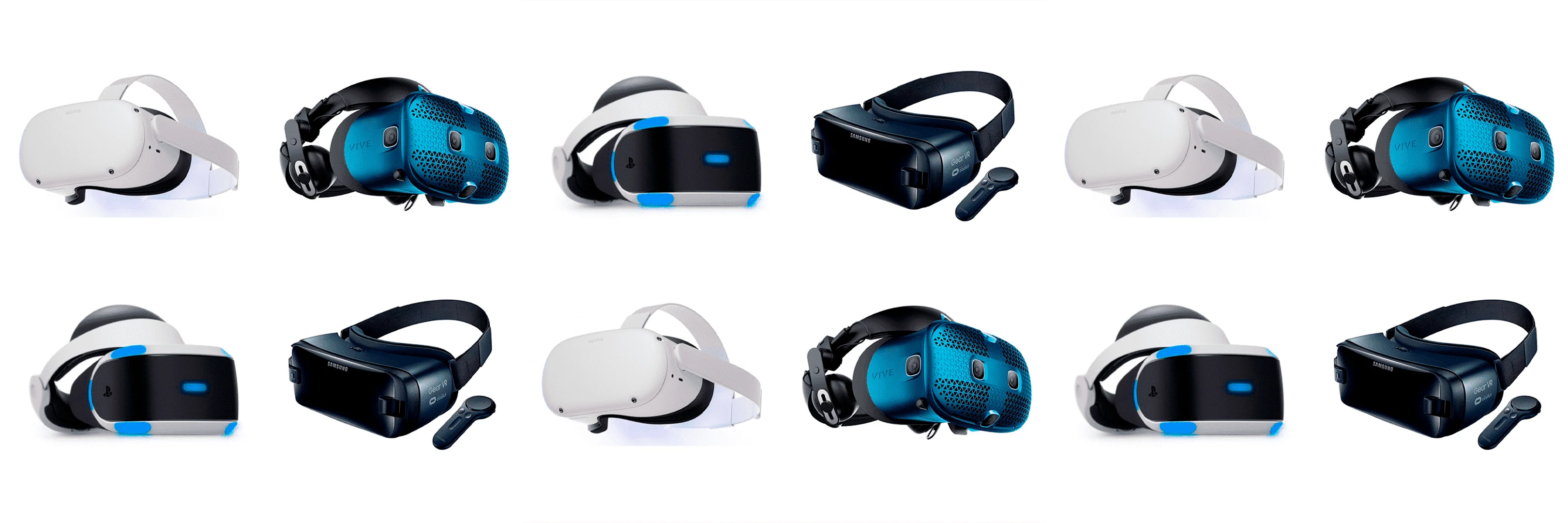
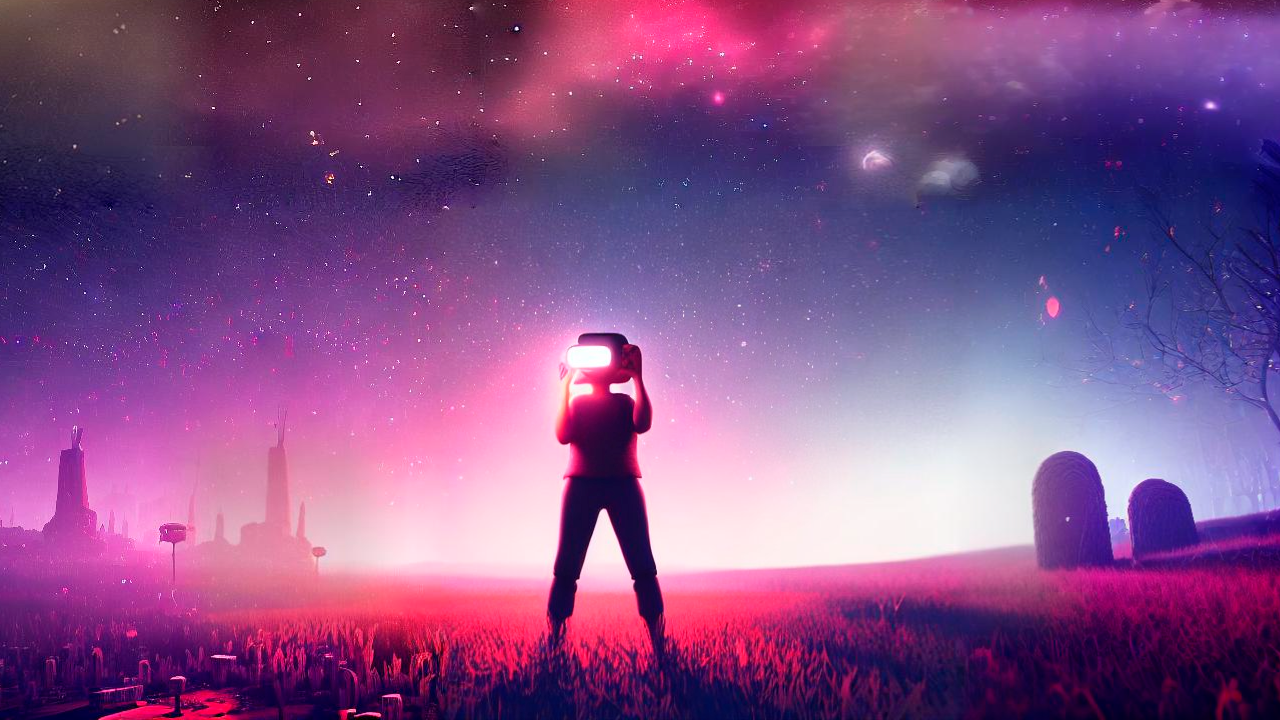










 RETURN
RETURN
